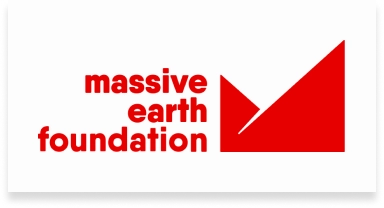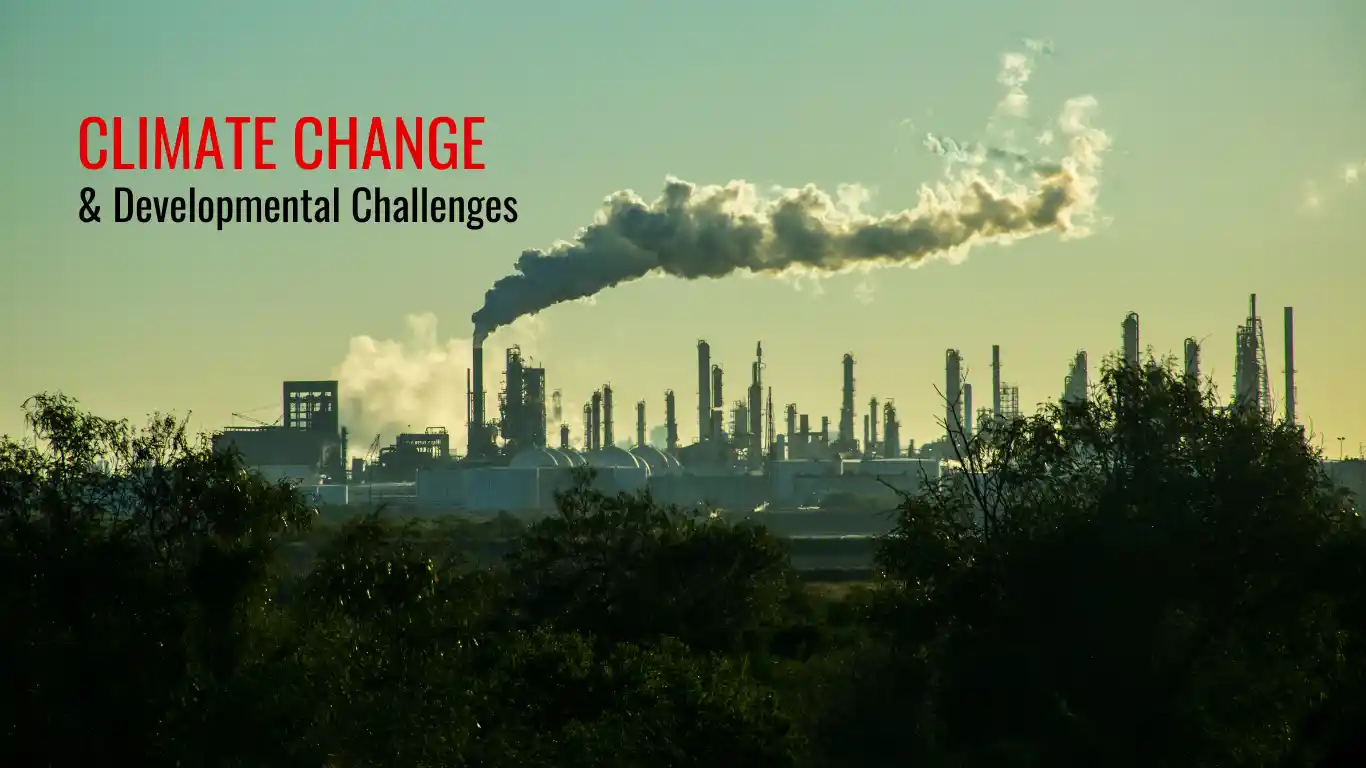INTRODUCTION
Climate change represents one of the greatest challenges of the 21st century. Its far-reaching consequences affect every aspect of life on Earth, from ecosystems to economies. Rising temperatures, melting glaciers, and extreme weather events threaten not only the environment but also human security and livelihoods. The crisis demands urgent action, but addressing it is not straightforward.
Developing nations strive to improve living standards and lift millions out of poverty, while developed nations grapple with reducing emissions from decades of industrial growth. These dual priorities—economic development and environmental sustainability—are often seen as opposing forces.
However, a balanced approach is essential to secure a future where both humans and nature can thrive. This post explores the intersection of climate change and developmental challenges, focusing on the climate crisis, disparities between developed and developing countries, the concept of climate justice, and the need for a unified path forward.
THE CLIMATE CRISIS: The Undeniable Truth
The climate crisis has moved from a distant concern to an immediate reality. Scientific evidence overwhelmingly confirms that human activities, particularly the burning of fossil fuels and deforestation, have driven a rapid increase in greenhouse gas concentrations. Global temperatures have already risen by over 1°C compared to pre-industrial levels, pushing the planet toward dangerous thresholds. Extreme weather events—such as hurricanes, floods, and heatwaves—are becoming more frequent and severe, affecting millions of people. Ecosystems are also under immense stress; coral reefs are dying, forests are shrinking, and species are being pushed to extinction.
The consequences are not just environmental but profoundly economic and social. Disasters destroy infrastructure, displace communities, and strain government resources. While these impacts are felt globally, they are not evenly distributed. Vulnerable populations, especially in developing countries, bear the greatest burden, highlighting the need for urgent and equitable solutions to this shared crisis.
Developmental Challenge: Developed vs. Developing Countries
The climate crisis has exposed deep inequalities between developed and developing nations. Developed countries have historically contributed the most to global emissions, having industrialized at a time when environmental considerations were minimal. Their economic growth relied heavily on fossil fuels, resulting in the accumulation of significant wealth and infrastructure. In contrast, developing nations have contributed only a fraction of historical emissions but face the brunt of climate impacts. Rising sea levels threaten small island nations, while prolonged droughts and erratic rainfall jeopardize agriculture in Sub-Saharan Africa and South Asia. These nations also face the dual challenge of addressing immediate climate risks while pursuing development goals. Economic growth is vital for improving healthcare, education, and infrastructure, but traditional growth models often involve higher emissions. For developing countries, transitioning to green energy and sustainable practices can be costly and complex, requiring support from the global community. Bridging the gap between developed and developing nations is essential to ensure a fair and effective response to climate change.
Climate Justice: An Ethical Imperative
Climate justice emphasizes fairness and equity in the fight against climate change. At its core is the principle that those least responsible for emissions should not bear the greatest costs of the crisis. Developing nations and vulnerable populations, such as indigenous communities and low-income groups, often lack the resources to adapt to changing climates. Meanwhile, the wealthier nations and corporations responsible for much of the damage continue to benefit from unsustainable practices. Addressing this imbalance requires robust international cooperation. Mechanisms like the Green Climate Fund aim to provide financial support to developing nations for adaptation and mitigation efforts. However, progress has been slow, with funding commitments often falling short of promises. Climate justice also involves holding polluters accountable, whether through legal actions against corporations or stronger enforcement of international agreements. Beyond financial and legal measures, the concept of justice extends to ensuring that solutions are inclusive, respecting the voices and rights of marginalized groups. Only by prioritizing fairness can the global community achieve lasting and meaningful progress in the fight against climate change.
Progress and the Path Forward
Despite the challenges, there are reasons for hope in the global response to climate change. Technological advancements have paved the way for cleaner and more sustainable practices. Renewable energy sources, such as solar, wind, and hydropower, are becoming more efficient and accessible, offering viable alternatives to fossil fuels. Innovations in agriculture, waste management, and carbon capture provide additional tools for reducing emissions. At the policy level, international agreements like the Paris Accord have established frameworks for collective action. While progress is uneven, many nations have made significant strides in setting and achieving ambitious climate targets. Grassroots movements have also played a pivotal role in driving change. Activists, organizations, and local communities have raised awareness, demanded accountability, and implemented solutions at the ground level. However, progress remains insufficient to meet the scale of the crisis. A unified global approach is essential, one that integrates technological innovation, policy reform, and public engagement. By fostering collaboration between governments, businesses, and civil society, humanity can address the dual challenges of development and climate change.
Conclusion
Climate change and developmental challenges are deeply interconnected, demanding thoughtful and collective action. The crisis highlights the disparities between nations, the urgency of sustainable development, and the ethical imperative of justice. Developed nations must take responsibility for their historical emissions by leading in mitigation efforts and supporting vulnerable regions. Developing countries, while striving for growth, need assistance in adopting green technologies and building climate resilience. Achieving a balance between economic development and environmental protection requires global solidarity and shared accountability. Progress is possible, but it demands commitment at every level—from international frameworks to local communities. Ultimately, addressing climate change is not just about reducing emissions; it is about creating a world where all can prosper without compromising the planet. By embracing equity, innovation, and collaboration, humanity can overcome these challenges and build a sustainable future for generations to come.






